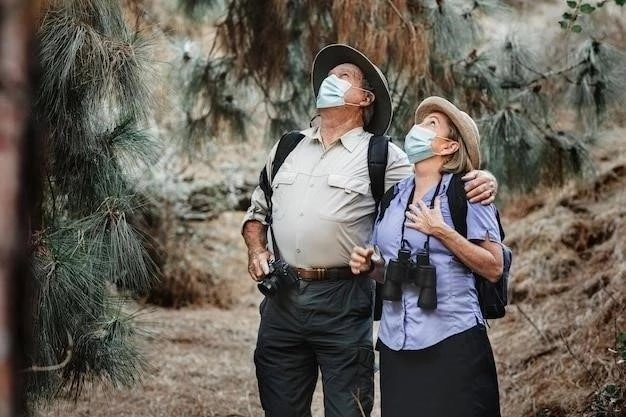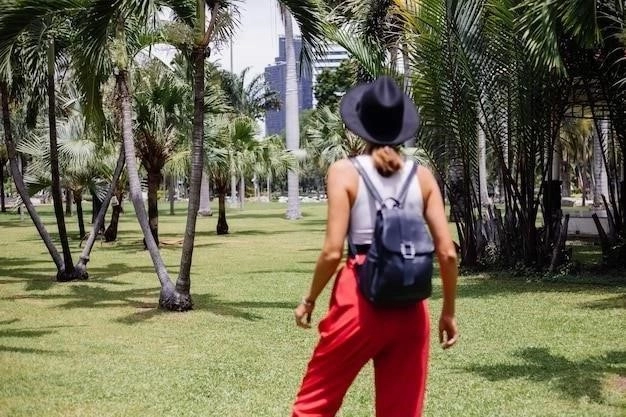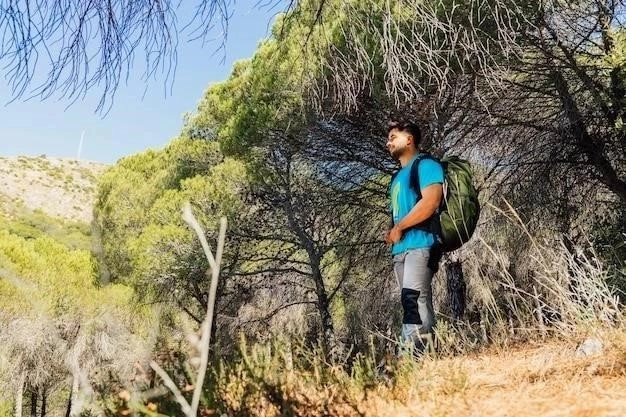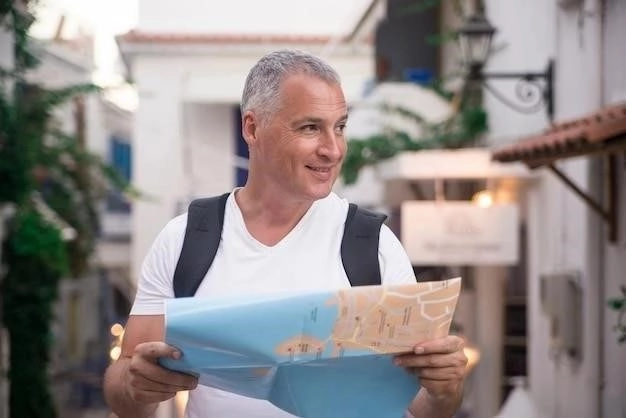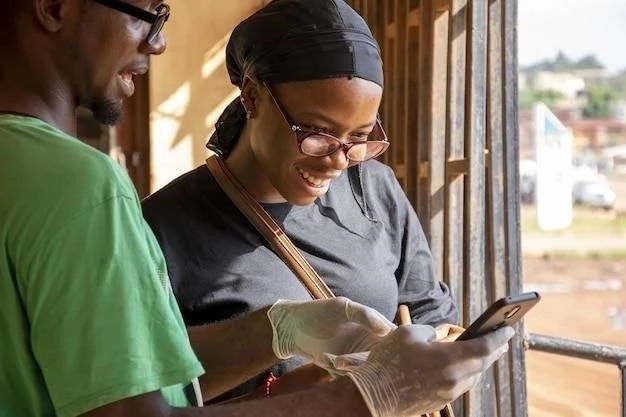Introduction to Guinea-Bissau
Nestled along the West African coast, Guinea-Bissau is a nation of captivating contrasts, where a rich tapestry of history, culture, and natural beauty awaits the discerning traveler. This small but vibrant country, often overlooked amidst its more prominent neighbors, offers a unique and rewarding experience for those seeking an off-the-beaten-path adventure.
Guinea-Bissau’s past is a poignant blend of indigenous traditions and the legacy of Portuguese colonialism. The echoes of its history resonate through its vibrant culture, evident in its music, dance, and cuisine. The country boasts a fascinating cultural mosaic, with over 20 ethnic groups, each contributing to its vibrant tapestry.
Beyond its cultural allure, Guinea-Bissau is a haven for nature enthusiasts. The Bijagós Archipelago, a UNESCO Biosphere Reserve, is a breathtaking spectacle of pristine beaches, mangrove forests, and a rich diversity of flora and fauna. From rare sea turtles to a myriad of bird species, the archipelago offers an unparalleled opportunity to witness nature’s wonders. Inland, national parks like Cantanhez Forest National Park protect swathes of rainforest, offering glimpses into the country’s rich biodiversity.
While Guinea-Bissau faces its share of challenges, its people’s warmth, resilience, and welcoming spirit shine through. Embark on a journey to this hidden gem of West Africa and discover the allure of a nation where cultural heritage and natural beauty intertwine to create an unforgettable experience.
Visa and Entry Requirements
Prior to embarking on your journey to Guinea-Bissau, it is essential to ensure you possess the necessary documentation for entry. Visa regulations can be subject to change, so it is advisable to consult with the Embassy of Guinea-Bissau in your home country or visit their official website for the most up-to-date information.
Generally, most nationalities require a visa to enter Guinea-Bissau. Visas can be obtained from the Guinea-Bissau Embassy or consulate in your country of residence. It is crucial to apply for your visa well in advance of your intended travel dates, as processing times can vary.
To apply for a tourist visa, you will typically need a valid passport with at least six months of validity remaining beyond your intended stay, a completed visa application form, two recent passport-sized photographs, proof of accommodation, a round-trip flight itinerary, and evidence of sufficient financial means to support your stay.
Upon arrival in Guinea-Bissau, you will need to present your passport with the valid visa, a completed customs declaration form, and sometimes proof of yellow fever vaccination. It is recommended to have copies of these documents readily available.
Please note that visa regulations can change, and it is always best to verify the latest requirements with the relevant authorities before your departure to ensure a smooth and hassle-free entry into Guinea-Bissau.
Best Time to Visit
Guinea-Bissau experiences a tropical climate characterized by distinct wet and dry seasons, each offering unique travel experiences. The optimal time to visit for most travelers is during the dry season, which typically spans from November to May.
During these months, humidity levels are relatively lower, and rainfall is minimal, making it ideal for exploring the country’s diverse landscapes. The Bijagós Archipelago, in particular, is best visited during this period, as the waters are calm, and wildlife sightings are more frequent.
The wet season, from June to October, brings heavy rainfall and high humidity. While this season can make travel more challenging, it also transforms the landscape into a lush, verdant paradise. The Bijagós islands become important nesting grounds for sea turtles, offering a unique spectacle for wildlife enthusiasts.
It’s worth noting that temperatures remain consistently warm throughout the year, averaging around 25-30 degrees Celsius (77-86 degrees Fahrenheit). It is advisable to pack light, breathable clothing and be prepared for occasional showers, even during the dry season.
Getting to Guinea-Bissau
Reaching Guinea-Bissau typically involves international air travel, with Osvaldo Vieira International Airport (OXB) serving as the primary gateway to the country. Situated near the capital city of Bissau, this airport receives flights from several major airlines, primarily from destinations within Africa and Europe.
Direct flights to Guinea-Bissau are available from select cities, with connections through major hubs such as Lisbon, Casablanca, and Dakar being common. It’s advisable to book flights well in advance, especially during peak travel seasons, to secure the most favorable fares and connections.
Upon arrival at Osvaldo Vieira International Airport, travelers will proceed through immigration and customs. Visa requirements vary depending on nationality, so it’s essential to check the latest regulations beforehand. Transportation from the airport to your chosen destination within Guinea-Bissau can be arranged via taxis or pre-booked transfers.
While air travel is the most common mode of entry, it’s worth noting that Guinea-Bissau can also be reached overland from neighboring Senegal or Guinea. However, these routes may involve border crossings and logistical considerations that require careful planning.
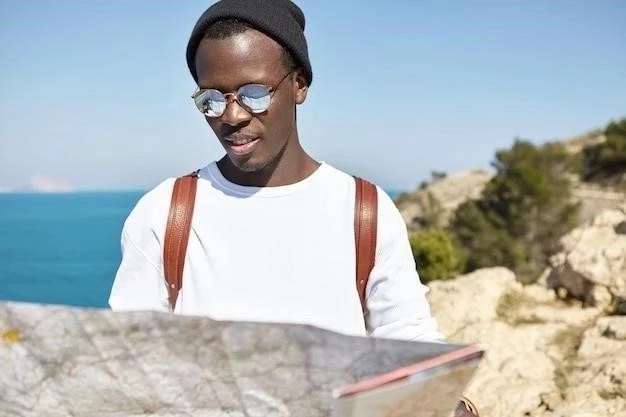
Getting Around
Navigating Guinea-Bissau presents its own set of opportunities and challenges, with various transportation options available depending on your destination and preferred travel style. Within the capital city of Bissau, taxis are a common and convenient mode of transport. It’s advisable to negotiate fares beforehand, as meters are not always used.
For venturing beyond the capital, shared taxis, known as “sept-places,” offer an economical way to reach other towns and cities. These vehicles typically depart when full, adding an element of local flavor to the journey. Bush taxis, often pickup trucks adapted for passenger transport, provide access to more remote areas, though comfort and reliability may vary.
Ferries and boats play a vital role in connecting the mainland to the Bijagós Archipelago and other coastal destinations. Regular ferry services operate between Bissau and major islands like Bubaque, offering scenic journeys through the archipelago’s intricate waterways.
While car rentals are available in Bissau, driving conditions and road infrastructure can be challenging, particularly outside urban areas. If you opt to drive, a 4×4 vehicle is highly recommended, and it’s essential to exercise caution and be prepared for unexpected road conditions.

Accommodation
Guinea-Bissau offers a range of accommodation options, catering to diverse budgets and preferences, though it’s worth noting that luxury accommodations are limited compared to more established tourist destinations. In the capital city of Bissau, several hotels provide comfortable lodging with amenities such as air conditioning, private bathrooms, and on-site restaurants.
For travelers seeking a more immersive cultural experience, guesthouses and pensions offer a glimpse into local life. These smaller establishments often provide basic yet clean accommodations at affordable rates. It’s advisable to book in advance, especially during peak seasons, to secure your preferred choice.
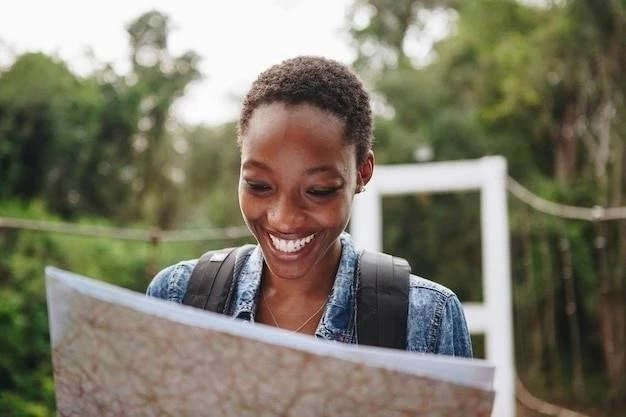
Venturing beyond the capital, accommodation options become more limited, primarily consisting of smaller guesthouses and eco-lodges. The Bijagós Archipelago, renowned for its natural beauty, offers a selection of eco-lodges and bungalows nestled amidst pristine beaches and lush vegetation.
When choosing accommodation, it’s essential to consider factors such as location, amenities, and budget. Reviews from previous travelers can provide valuable insights into the quality and value offered by different establishments.
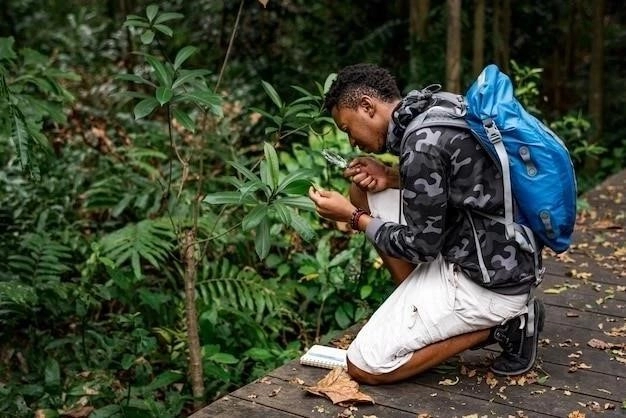
Health and Safety
Prior to embarking on your journey to Guinea-Bissau, it’s essential to prioritize your health and safety by taking necessary precautions. Consulting a travel health professional well in advance of your trip is crucial to receive personalized advice and vaccinations.
Routine vaccinations, including those for measles, mumps, rubella, diphtheria, tetanus, pertussis, and polio, should be up to date. Additionally, vaccinations for hepatitis A and typhoid are highly recommended. Yellow fever vaccination is mandatory for entry into Guinea-Bissau, and proof of vaccination may be required upon arrival.
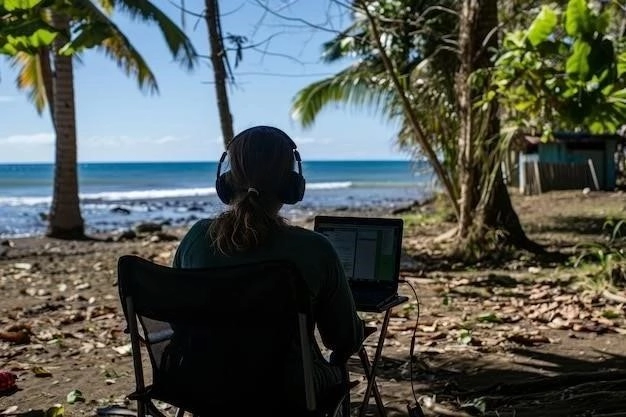
Malaria is present in Guinea-Bissau, so taking antimalarial medication is highly advised. Consult with your doctor to determine the most suitable medication and dosage for you. It’s crucial to protect yourself from mosquito bites by using insect repellent, wearing long clothing, and sleeping under mosquito nets.
Food and waterborne illnesses are common, so it’s essential to consume only bottled or boiled water and be cautious with food preparation and consumption. Stick to reputable restaurants and avoid consuming raw or undercooked food.
Money and Currency
The official currency of Guinea-Bissau is the West African CFA franc (XOF), denoted by the symbol “CFA” or “FCFA.” It’s crucial to familiarize yourself with the local currency and exchange rates before your trip to ensure smooth financial transactions.
Credit cards are not widely accepted in Guinea-Bissau, particularly outside major hotels and restaurants in the capital city of Bissau. It’s essential to carry sufficient cash in local currency for most purchases, especially when venturing beyond urban areas.
Cash can be exchanged at banks and authorized foreign exchange bureaus. Banks are generally open during limited hours, typically from Monday to Friday. ATMs are available in larger towns and cities but may have limited availability or accept only specific cards.
It’s advisable to exchange currency upon arrival at Osvaldo Vieira International Airport (OXB) or at banks in Bissau, where exchange rates are generally more favorable compared to hotels or other establishments.
Food and Drink
Guinea-Bissau’s culinary landscape reflects its West African heritage and Portuguese influences, offering a delightful fusion of flavors for travelers to savor. Rice, fish, and seafood form the staples of the local diet, often accompanied by a variety of flavorful sauces and stews.
One of the must-try dishes is “Caldo de Peixe,” a rich fish stew simmered in a tomato-based broth infused with aromatic spices and vegetables. Another popular choice is “Frango na Chapa,” grilled chicken marinated in a blend of piri-piri peppers, garlic, and lemon, imparting a tantalizing smoky flavor.
For a taste of the sea, indulge in fresh grilled seafood, readily available in coastal areas. “Carabineiros,” large prawns, are a local delicacy, often served grilled or in a garlic and lemon sauce.
Tropical fruits, such as mangoes, papayas, and bananas, are abundant and make for refreshing snacks or dessert. The local beer, “Super Bock,” is a popular choice, while palm wine, known as “vinho de palmeira,” offers a taste of traditional Guinean beverages.
Things to Do
Guinea-Bissau offers a diverse range of experiences for travelers seeking adventure, cultural immersion, and natural beauty. From exploring the vibrant capital city to venturing into the unspoiled Bijagós Archipelago, there’s something to captivate every interest.
Begin your journey in Bissau, where remnants of its Portuguese colonial past blend with modern African life. Explore the historical center, visit the Presidential Palace, and immerse yourself in the vibrant atmosphere of the local markets.
For a truly unforgettable experience, embark on a trip to the Bijagós Archipelago, a UNESCO Biosphere Reserve renowned for its pristine beaches, traditional villages, and diverse wildlife. Island hop through this breathtaking archipelago, swim in crystal-clear waters, and witness sea turtles nesting on secluded shores.

Nature enthusiasts can delve into the lush landscapes of Cantanhez Forest National Park, home to a remarkable array of primate species, birds, and other wildlife. Take a guided trek through the rainforest, discover hidden waterfalls, and witness the incredible biodiversity of this protected area.
Responsible Travel Tips
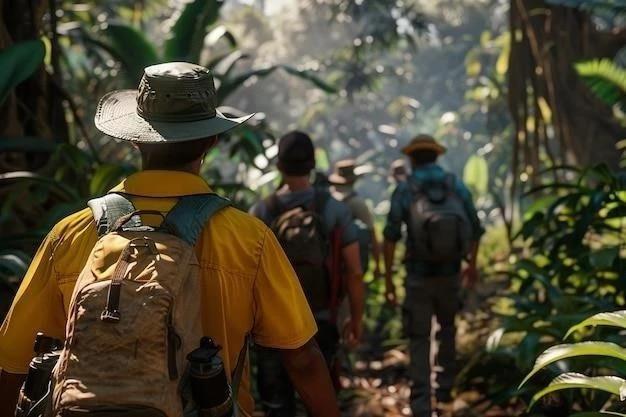
When venturing to Guinea-Bissau, embracing responsible tourism practices is essential to minimize your impact and contribute positively to the local communities and environment. Here are some tips for traveling responsibly in this captivating country:
Respect the local culture and customs. Dress modestly, especially when visiting religious sites or rural areas. Learn a few basic phrases in Portuguese or Criolo, the local language, to enhance communication and show respect for the local people.
Support local businesses. Opt for locally owned accommodations, restaurants, and tour operators to directly benefit the Guinean economy. Purchase handicrafts and souvenirs from local artisans, ensuring fair prices are paid.
Minimize your environmental footprint. Conserve water and electricity whenever possible. Pack reusable water bottles, bags, and containers to reduce plastic waste. Dispose of trash responsibly and support initiatives promoting sustainable tourism practices.



